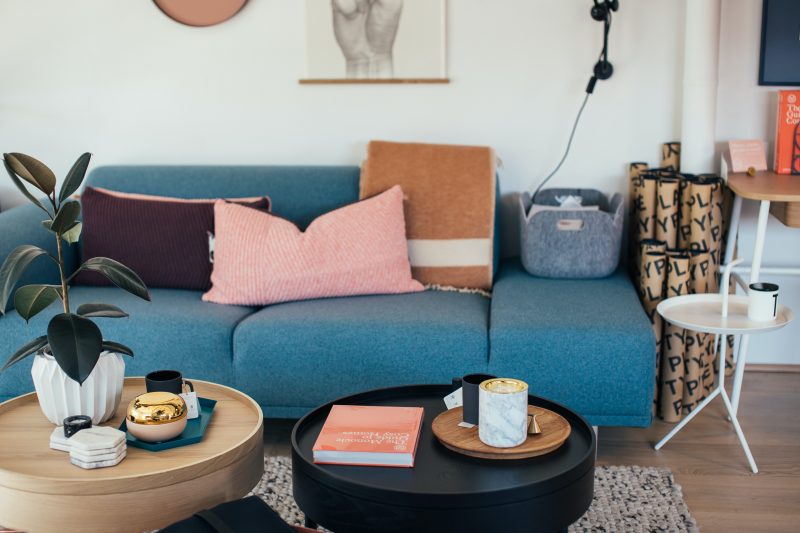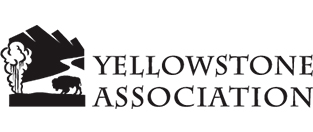Furnished rentals are the provision of furnished living quarters when they include all the furnishings necessary for a normal living situation for the tenant.
Income from renting furnished accommodations of which you are the owner and income from subletting furnished accommodations of which you are the tenant are subject to income tax in the industrial and commercial income (BIC) category, not in the property income category.
Exemption from tax on furnished rentals:
Furnished rental income earned by people who rent or sublet a portion of their primary residence before December 31, 2023, is not taxable in the following two situations:
Situation 1: when the income does not exceed €760 per year and the rental is for people for whom the rented premises are not their primary residence (bed and breakfast);
Situation 2: when the rented premises are the primary residence of the lessee or sublessee (or temporary residence if he/she is a seasonal worker), the income is also not taxable if the following three conditions are met :
- The rooms rented or sublet must be part of the landlord’s principal residence ;
- The rented or sublet rooms must be the primary residence of the renter or subletter, or their temporary residence if they are seasonal workers;
- The rental price must remain within reasonable limits.
Mode of taxation:
There are two regimes applicable in the case of furnished rentals: the micro regime and the real regime.
- A) Micro-BIC regime
Depending on the income from the previous year and the year before, if it does not exceed €72,600 for a classic furnished rental, or €176,200 for a classic furnished tourist accommodation or guest rooms, the micro regime can be applied.
A deduction of 50% is automatically applied to the income from such rentals for classic furnished accommodation (as well as rural cottages not classified as “furnished tourist accommodation”) or 71% for classified furnished tourist accommodation and guest rooms. Its minimum amount is 305 €.
This deduction is at a fixed rate to cover all your expenses. For this reason it is not possible to deduct any expenses in order to reduce your taxable income. You must declare the total amount of rent received, including rent payments (i.e. allowances for expenses paid by the tenant).
- B) Real regime
The other applicable regime is the real regime, which applies when income exceeds the limits of the micro BIC system or when you want to deduct the exact amount of your expenses or depreciate your assets.
The real tax regime requires accounting records to be kept.
Regardless of how taxpayers fall under the real tax regime by right or by choice, special rules apply depending on whether they are professional or non-professional landlords.
Regardless of the type of landlord, this activity is subject to registration with the Business Formalities Center (for non-professional landlords, the Commercial Court Registry).
1) Professional Furnished Landlord
The activities of a furnished accommodation landlord are professional if the following two conditions are met:
– The annual income from this activity for all family members exceeds €23,000 per calendar year;
– This income exceeds the family’s income taxable income in the categories of wages, industrial and commercial profits (except those derived from the activity of renting out furnished accommodation), agricultural profits and non-profit profits.
The activities of a professional furnished accommodation landlord are subject to registration with the Business Formalities Center.
2) Non-professional landlord of furnished housing
If one of the above conditions is not met, the landlord is considered a non-professional landlord.
A non-professional landlord of a furnished accommodation requires registration with the Business Formalities Center. This is the Commercial Court Clerk’s Office where the property to be rented is located.
The registration must be done within 15 days of the start of the rental of the property using a P0i form.
This will allow :
- obtain a SIRET number ;
- make it known that the activity exists;
- indicate the taxation system you have chosen.
Note that in the case of more than one furnished rental, the jurisdiction of the Commercial Court is the one in which the property generating the most income is located.
The difference between a professional and non-professional furnished accommodation landlord:
- A) Differences regarding damages
1) For non-professional furnished accommodation landlords
Losses incurred as a result of a non-professional furnished rental are carried forward for the next 10 years solely on the income from the non-professional furnished rental.
Example: you are engaged in a craft activity that is taxable as a professional BIC and you rent out a furnished dwelling. Your non-professional furnished rental property results in a loss of €1,000 in year N, while the income from your craft business is €2,000. Your taxable income for income tax purposes in year N is €2,000. You cannot deduct the loss from the non-professional rental of a furnished accommodation from the result of your craft business.
In year N+1, your non-professional furnished rental generates €300 and your craft business generates a profit of €20,000. Your taxable income for income tax purposes will be €20,000 and the loss carried forward from your non-professional activity will be reduced to €700 (€1,000 – €300). You will be able to carry it forward up to N+9 on any profits made in those years.
2) For professional landlords of furnished accommodation
Losses incurred from furnished rental activities carried out on a professional basis can be deducted from the taxpayer’s total income without any limit on the amount. If the total income is insufficient, the total negative balance so generated may be carried forward to the next 6 years.
The determination of these negative values must, of course, comply with the rules of the general tax code for deducting expenses. So, for example, losses should not arise from depreciation excluded from deductible expenses.
Example: you are a professional landlord and your spouse is an employee. In N your professional activity of renting out furnished accommodation forms a loss of €10,000, while your spouse’s taxable salary is €40,000. Therefore, your family’s taxable income would be €30,000 (€40,000 – €10,000). No loss can be carried forward to the following year.
In N+1, your business as a professional landlord of furnished premises has generated a loss of €20,000, while your spouse’s salary is €10,000. Thus, for N+1 your household’s taxable income would be zero. A total negative balance of €10,000 (€10,000 – 20,000) would arise. This total loss will be deducted from the total income of subsequent years and cannot be carried forward beyond six years.
- B) Differences regarding capital gains from real estate
1) For non-professional landlords of furnished housing
Capital gains realized on the disposition of your furnished accommodation are taxed as private capital gains. As such, they are not subject to professional capital gains regime.
2) For professional landlords of furnished housing
Professional furnished tenants are subject to the professional capital gains system on the disposition of rented premises.
Capital gains of professional landlords, provided they have been in business for at least five years, are fully exempt from tax if the average rental income from the property in the two calendar years preceding the closing date of the fiscal year in which the capital gain is realized does not exceed the €90,000 tax-free threshold, and partially exempt if the same income ranges from €90,000 to €126,000 (tax-free).
Nicolas BRAHIN
Lawyer of the Bar of Nice
Specialist in banking and financial law
Panthéon-Sorbonne University
Cabinet BRAHIN Avocats





